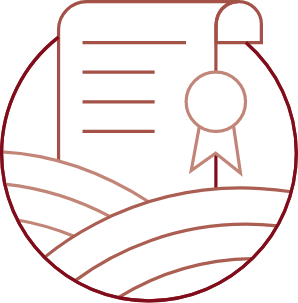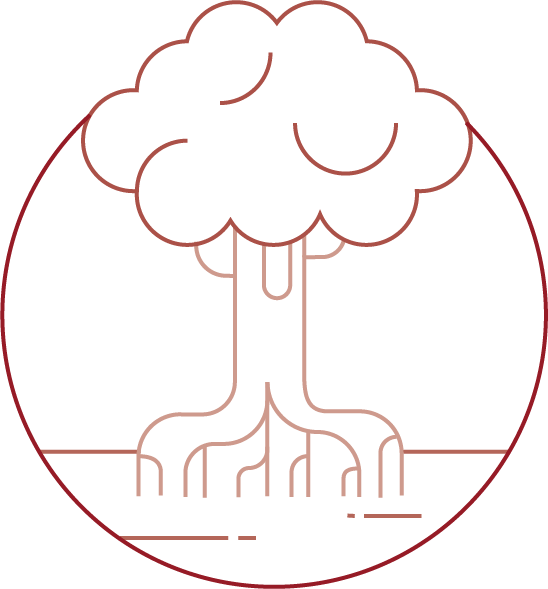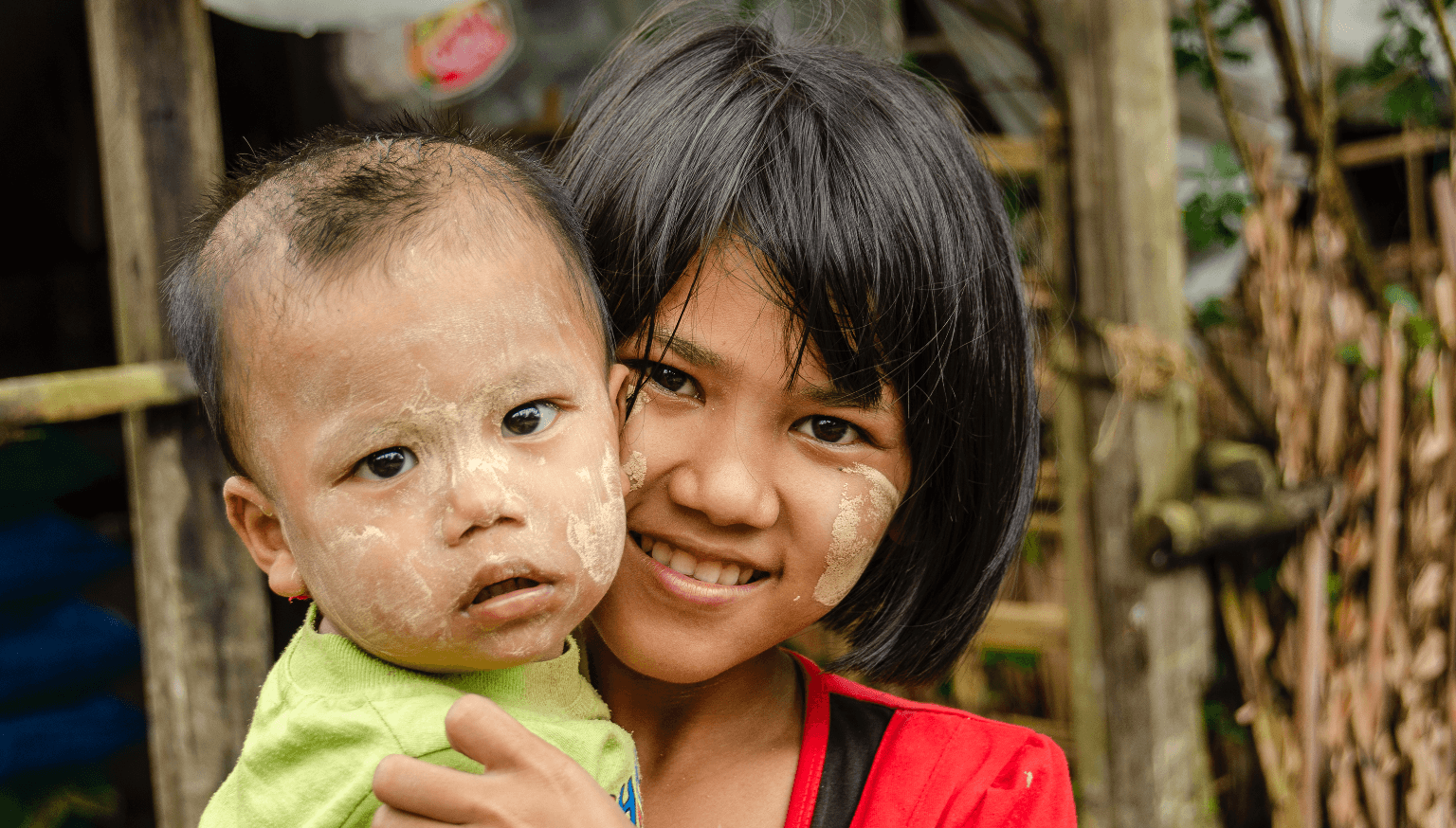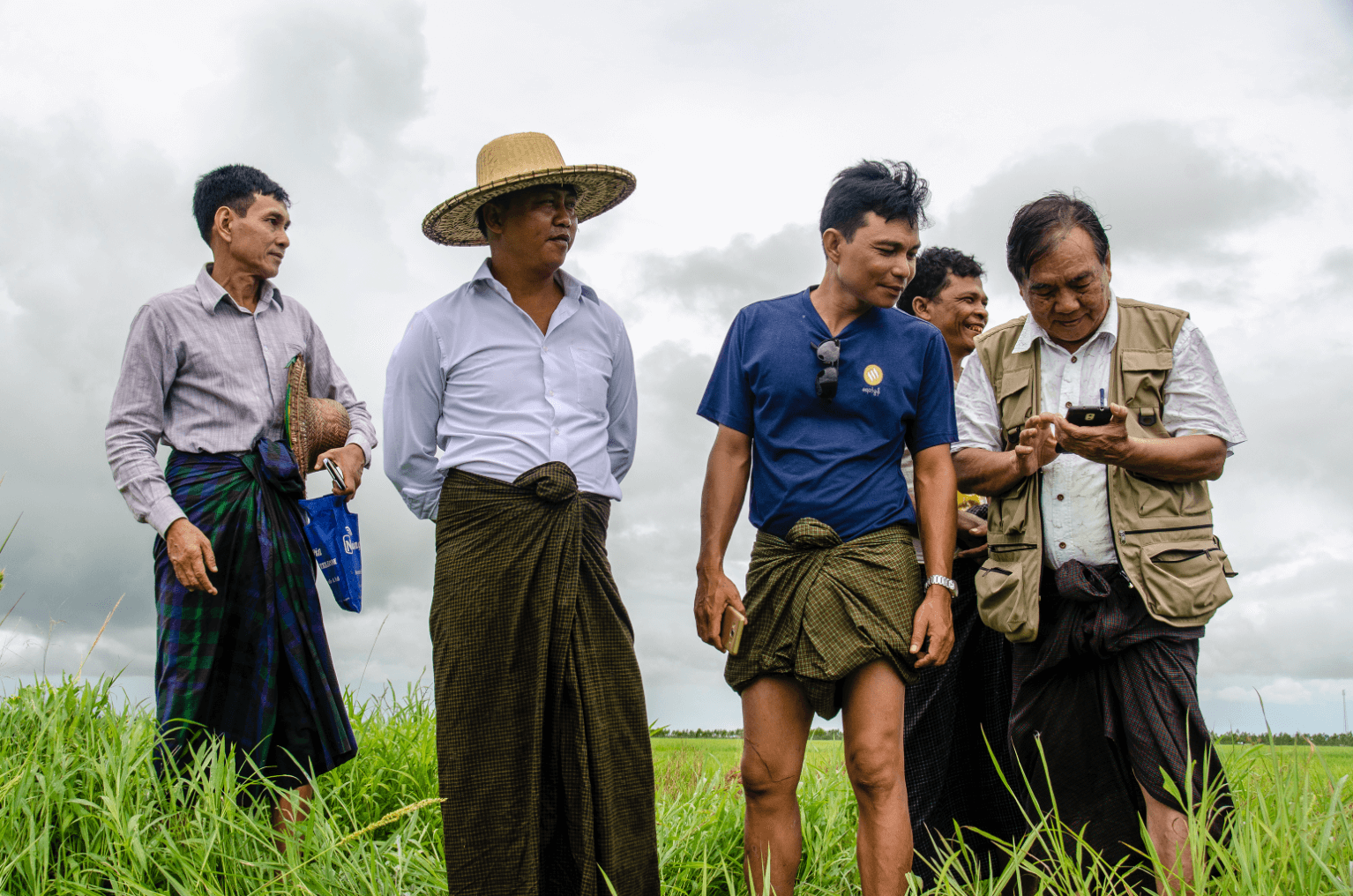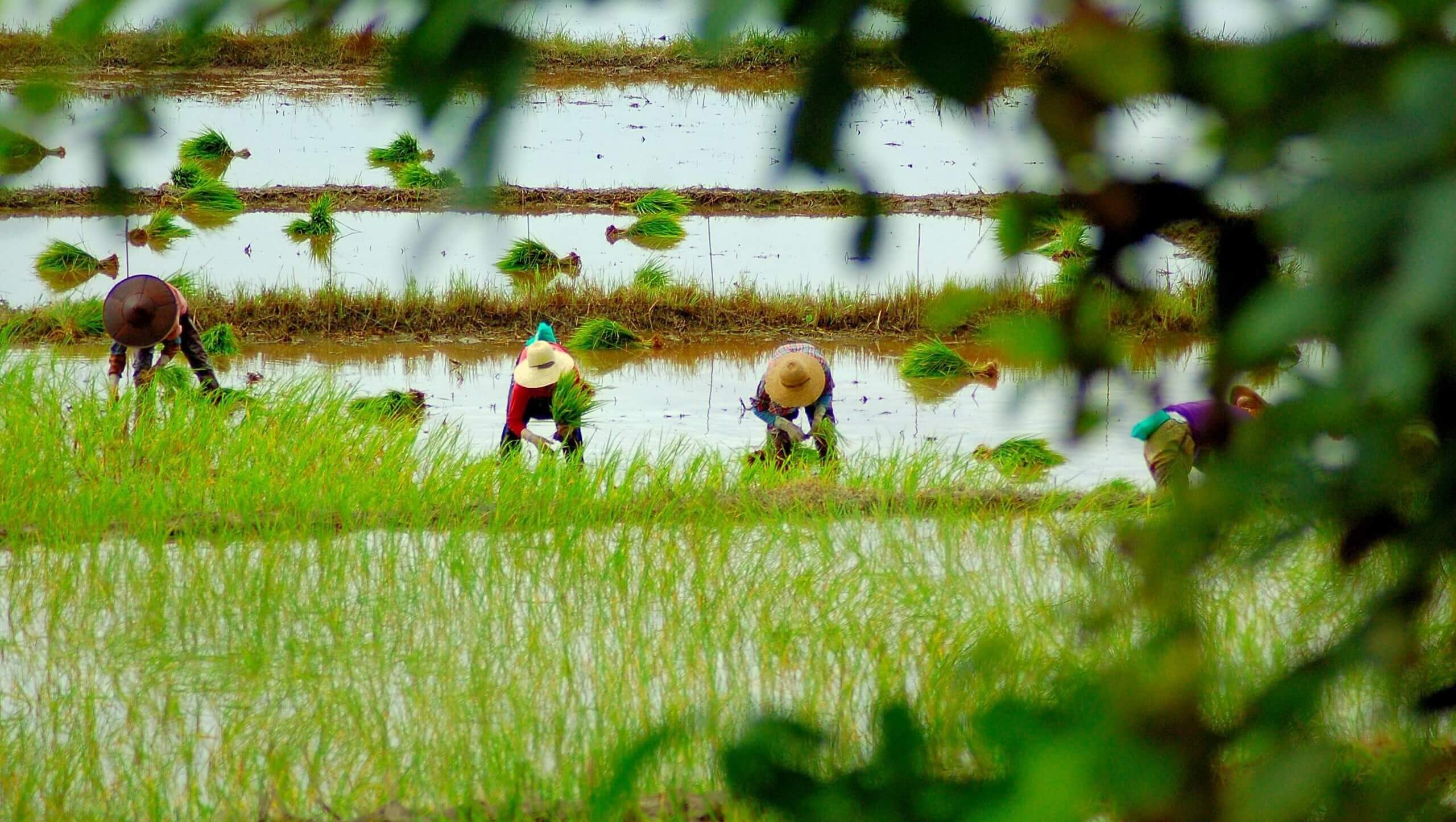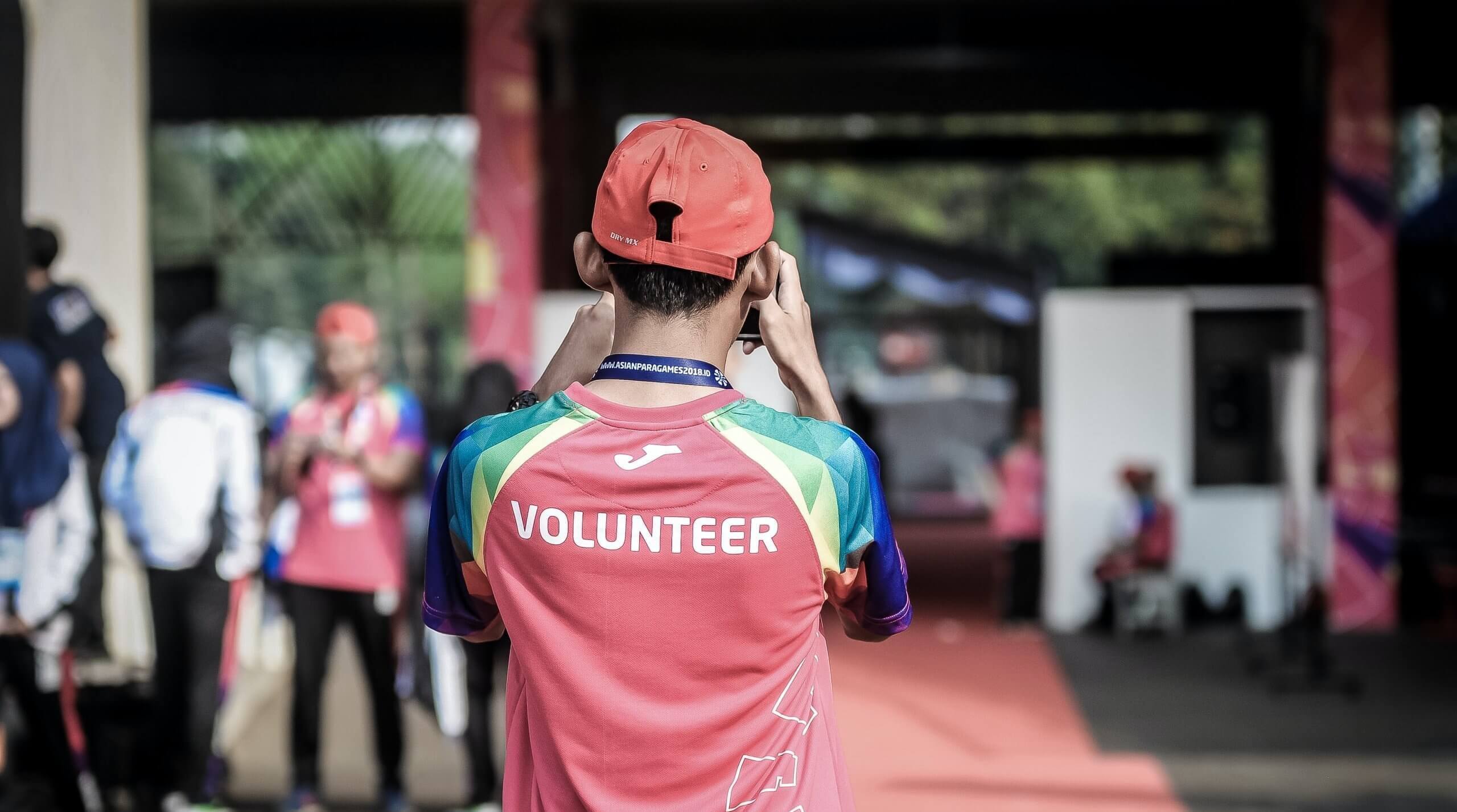Landesa
Landesa works to advance inclusive, equitable land rights reform. Tenure security protects investments in land and incentivizes climate-smart land management practices.
Website
landesa.orgThe Challenge
In countries with high rates of rural poverty, many farming families do not have secure rights to the land that they tend. Without legal documentation of their property, they are vulnerable to land seizures. A lack of secure land rights undermines farmers’ incentive to invest in improvements that would foster economic growth and protect land from environmental degradation.
The Approach
Landesa works with national governments, local communities, and civil society organizations to advance inclusive, equitable land rights reform. Its core activities include conducting research, advising governments on new laws and policies, supporting implementation of reforms, and mounting public awareness campaigns.
Why We Invest
Since its founding in 1967, Landesa has worked in more than 50 countries. Because each country poses distinct opportunities and challenges for land rights reform, Landesa adapts its methods to fit on-the-ground political and cultural conditions. Crucial to the organization’s success is an approach that combines top-down and bottom-up activities. This approach yields durable and scalable results while allowing Landesa to focus on its core skills: land rights research, advising, and education.
Landesa begins its work in a new country by conducting field research on existing laws and customs. Along with reviewing current land rights policies, the organization engages directly with farmers in order to assess their needs and to identify cultural norms related to land ownership. By grounding its work in this kind of knowledge, Landesa positions itself to pursue policy changes that will be truly inclusive and equitable. Of particular interest to Landesa are the needs of women in rural communities. Wherever it operates, the organization emphasizes the benefits of women’s land ownership and advocates for gender-equitable reform.
Strong support from national leaders in government and civil society is essential to promoting effective land rights reform. Landesa, therefore, works closely with local and national stakeholders to craft and implement new policies. The organization also puts a high priority on bridging connections between various government and civil society groups. To further its work in Myanmar, for example, Landesa has arranged trips that bring local leaders to Taiwan so that they can learn about reform efforts in that country. Practices of this kind—partnering with trusted civil society groups and training local leaders in the land reform process—have another benefit: They allow Landesa to maintain a small in-country footprint and to leverage its core competencies to maximum effect.
To complement its policy reform efforts, Landesa works to advance public education about land rights. Through mass media campaigns, innovative storytelling practices, and community organizing initiatives, Landesa aims to influence cultural and behavioral norms. Underlying this work is a key insight that guides the organization: While legislative and regulatory reform can help to secure land rights, systems-level change can occur only when citizens understand and appreciate those rights.
On a field visit to paddy land in Kyetphahmyayzaw, Ayeyarwady Region, Myanmar, with Landesa and Proximity Designs.
Photo: Landesa
How We Partner
King Philanthropies supports Landesa’s work in three countries. In Liberia, Landesa is providing technical assistance to the government on implementation of the Land Rights Act, which became law in 2018. Landesa also works with civil society organizations in Liberia to raise awareness of land rights reform and to encourage participation by women and young people in the land reform process.
In Myanmar, Landesa is advising the government as it carries out an ambitious land rights reform program. Along with making changes to national policy, the program involves allocating land to previously landless citizens and returning land to farmers whose property was seized during a period of military rule that ended in 2011.
In Tanzania, Landesa is conducting an array of activities, including research on youth land rights, pursuit of larger-scale funding from multilateral institutions, and the launch of a smartphone app that assists users with land issues.
In the Bay of Bengal, Landesa is carrying out a law and policy initiative alongside local partners in India, Indonesia, Myanmar, Thailand, and Cambodia to strengthen coastal tenure rights and protect 4.6 million hectares of mangrove forests that are a critical source of livelihood for more than 70 million people.
Impact Profile
Land That They Can Call Their Own
Daw Myint Htay and her husband, U Tan Win, hadn’t always been landless. Before 1982, they had owned a plot of farmland in Kyetphahmyayzaw, a village in the Ayeyarwady Delta region of Myanmar. But that year, the ruling government—which was run by a military junta that held power for decades—confiscated the couple’s land for a public works project. Many of their neighbors suffered the same fate. For decades, Daw Myint and U Tan lived in poverty, working as laborers and performing odd jobs to eke out a living.
Daw Myint Htay, pictured with her grandchildren, received an allocation of three acres of land from the government of Myanmar. Kyetphahmyayzaw, Ayeyarwady. Photo: Landesa
